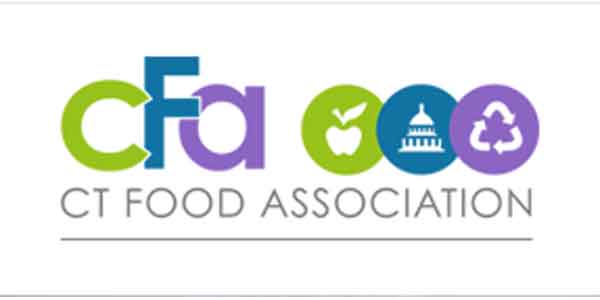With no state budget in place yet in Connecticut, the Connecticut Food Association is working to stop fees in any final budget deal.
The following article can be found on the July 6, 2017 edition of The Houston Chronicle
A coalition calling itself “Keep CT Affordable,” an initiative partly funded by the American Beverage Association, has been using social media this summer to help persuade state lawmakers not to resurrect proposals such as a higher handling fee on returnable bottles and cans; an expansion of the bottle redemption law to include teas, juices and sports drink; and the imposition of a state excise tax on sugary drinks.
Wayne Pesce is president of the Connecticut Food Association, a lobbying group that represents grocery retailers in the state and a member of the “Keep CT Affordable” coalition. While he contends more state legislators appear to be less willing to raise taxes than in past years, Pesce said groups like his can’t assume state lawmakers won’t reconsider a tax on sugar-added beverages, for example, as they struggle to find a way to balance a new two-year budget with a projected $5 billion deficit. A typical two-year budget is roughly $40 billion.
“We’re going to keep pushing our message out there until they come out with a plan and a budget that everyone has to live with,” he said. “The one thing we can’t do is stop messaging.”
The General Assembly adjourned its regular session on June 7 without passing a new two-year budget. Lawmakers had hoped to come up with an agreement before the fiscal year ended June 30, but they failed to pass a new two-year plan or a temporary budget in time. That means Democratic Gov. Dannel P. Malloy is charged with maintaining essential services using his limited executive power until a deal can be reached.
Jim Williams, governor relations director for the American Heart Association in Connecticut, is hoping the idea of a tax on sugary drinks, including soda, will have some more fizz with lawmakers as they struggle to balance the state’s books. His group believes the tax will help dissuade people from purchasing beverages that contribute to the state’s obesity problem and, in turn, raise money that can be spent on obesity education and Care 4 Kids, a program that helps low- and moderate-income families pay for child care.
The concept has been estimated to potentially raise $148.2 million annually, a figure disputed by the American Beverage Association. The group also contends that soda is not the driver of the nation’s obesity problem, pointing out that regular soda consumption has dropped in recent years while the obesity rate has increased.
Williams said the tax would target “basically empty calories,” noting how fattening junk foods still have some nutritional value.
Even though Malloy has said he doesn’t support a sugary drinks tax, the American Heart Association is hoping Connecticut lawmakers will see the sugary drink tax as more palatable than an eleventh-hour budget proposal made by House Democrats to increase the state’s overall sales tax from 6.35 percent to 6.99 percent to help maintain municipal funding, an idea that received little enthusiasm from Malloy.
“When you’re talking about raising the sales tax, they’re going to impact everybody,” said Williams, who argues a tax on sugar-added beverages is more of a “choice tax,” like the state’s tax on cigarettes.
“You don’t have to pay the tax if you don’t purchase sugary drinks,” he said.


